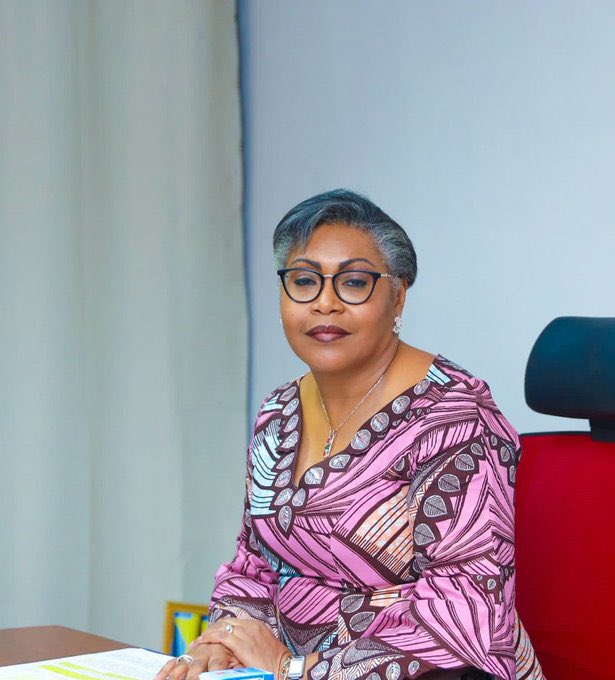Congo has announced the country’s first female prime minister Judith Suminwa Tuluka. She was appointed on Monday by DRC President Felix Tshisekedi. The appointment comes after the former prime minister Jean-Michel Sama Lukonde resigned. He had been appointed in October 2021 to form the current government. The resignation comes as Congo face pressure to engage in dialogue with M23 rebels. The M23 rebels are believed to be Rwanda-backed and are located in the eastern part of the country. Rwanda has not explicitly acknowledged the group but state that they are defending their territory as Congo carries out a “dramatic military build-up” near the border.
Violence is at an all-time high in the country. According to the UN, the protracted violence has forced more than seven million people to flee their homes, making it one of the biggest humanitarian catastrophes in history. Tuluka will immediately have to deal with this and according to her inaugural speech, she has promised to do by stating peace and development would be her foremost priority and reaffirmed her commitment to finding sustainable solutions to the crisis.
Matthew Miller, US State Department spokesperson, said “that the United States condemns Rwanda’s support for the M23 armed group and calls on Rwanda to immediately withdraw all Rwanda Defense Force personnel from the DRC and remove its surface-to-air missile systems, which threaten the lives of civilians, UN and other regional peacekeepers, humanitarian actors, and commercial flights in eastern DRC.”
But to tackle the violence, Prime Minister Tuluka will now have to tackle the process of forming the new government. Congo’s political system ensures that the president appoints the prime minister, who is a member of the majority party. Though the president won by a thumping majority in December’s elections last year, the prime minister gets to appoint the cabinet.
However, Prime Minister Tuluka’s appointment comes amidst the arduous task of forming a new government, a process expected to involve extensive negotiations with various political factions. According to the laws of Congo politics, once appointed, the prime minister will have to form the cabinet, which can be taken from members of the largest party or a coalition. Observers say that this can result in protracted power struggles.
Traveller, bibliophile and wordsmith with a yen for international relations. A journalist and budding author of short fiction, life is a daily struggle to uncover the latest breaking story while attempting to be Hemingway in the self-same time. Focussed especially on Europe and West Asia, discussing Brexit, the Iran crisis and all matters related is a passion that endures to this day. Believes firmly that life without the written word is a life best not lived. That’s me, Ashwin Ahmad.





